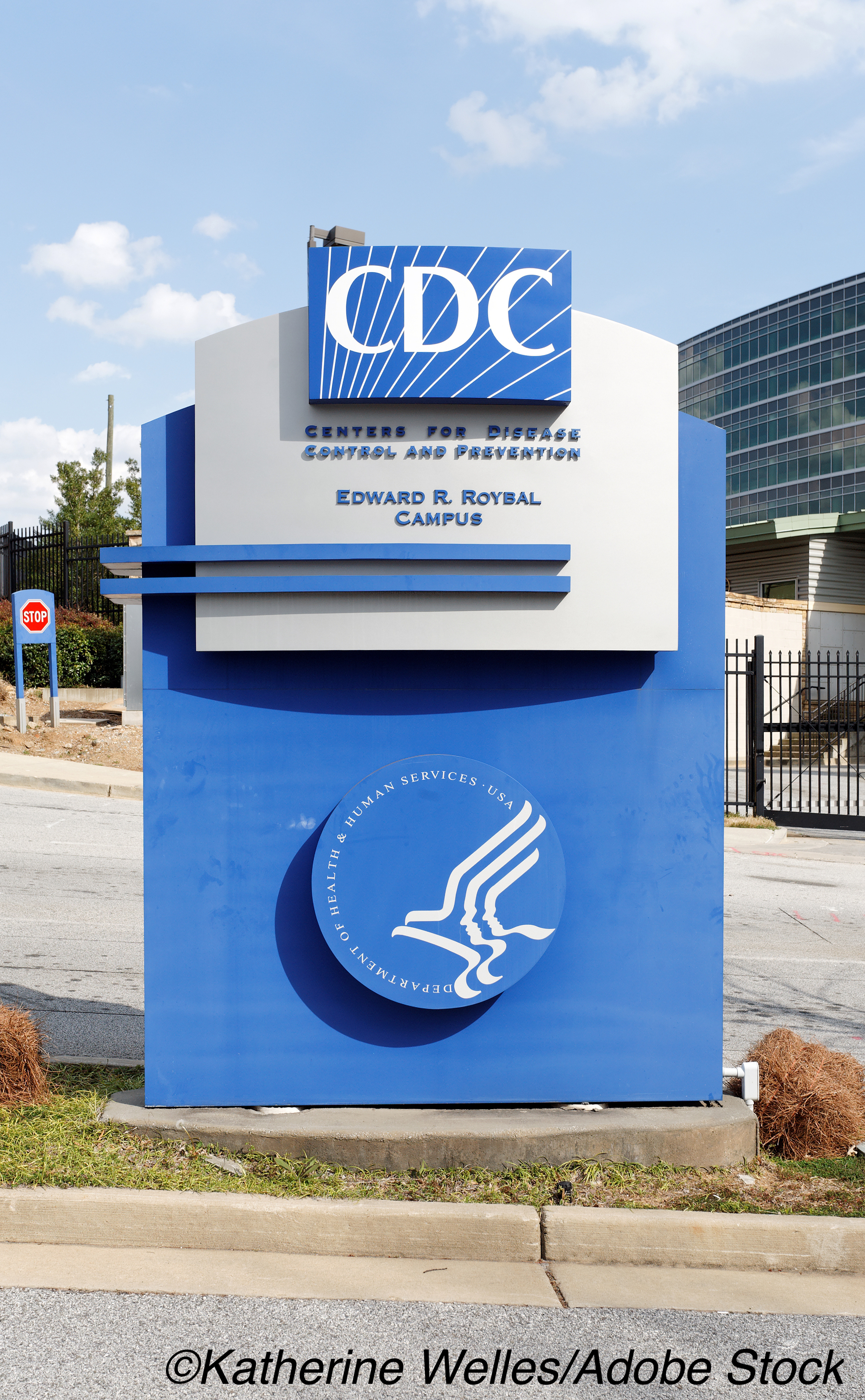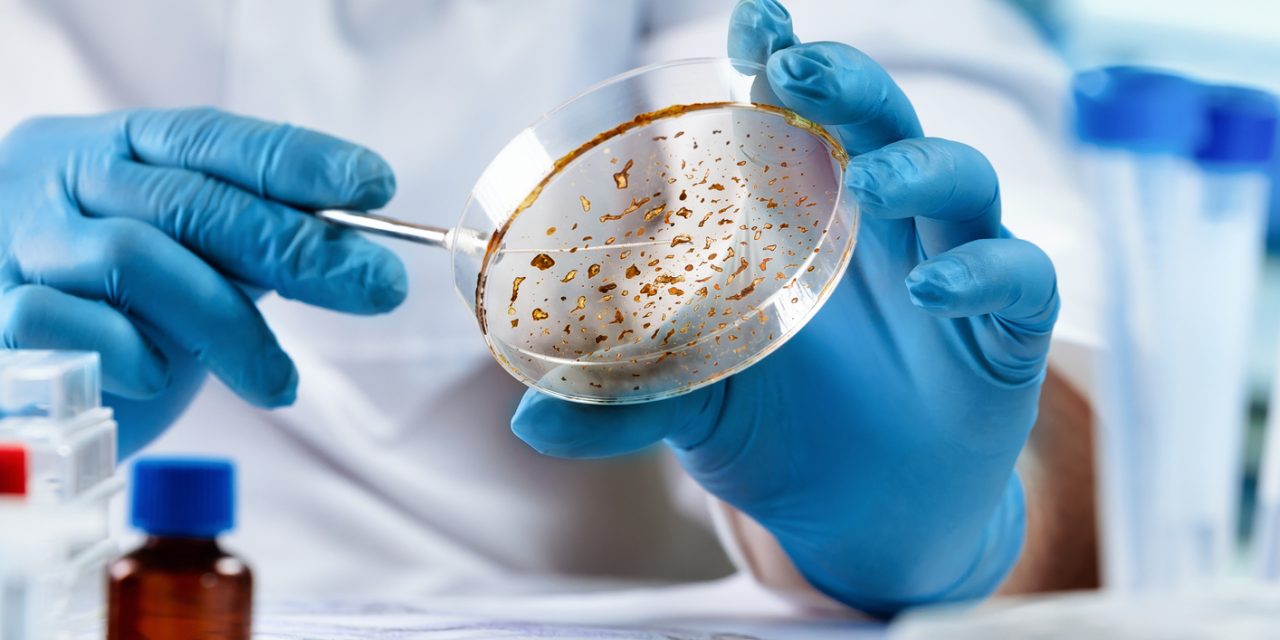
There is a “likely association” between vaccination with mRNA-based Covid-19 vaccines and rare cases of heart inflammation in adolescents and young adults, according to recent safety data reported by the CDC’s Advisory Committee on Immunization Practices (ACIP).
To date, the CDC is tracking over 1,200 cases of either myocarditis or pericarditis that have been reported following receipt of either the Pfizer or the Moderna vaccine, with the majority of cases occurring in male patients 30 years of age and younger, ACIP announced in an emergency meeting. Of these, 827 cases were reported after a second dose, 267 cases were reported after the first dose, and 132 cases were reported in which the number of doses received is unknown. So far, 323 cases have been confirmed—approximately 12.6 cases per million doses administered, with a higher rate associated with the Moderna vaccine than the Pfizer (approximately 20 per million versus 8 per million, respectively).
The majority of individuals who have suffered this side effect have recovered, the CDC noted—295 of the 323 confirmed patients have been discharged from the hospital, nine remained hospitalized as of last week, and 14 were never hospitalized at all, NPR reported.
“Clinical presentation of myocarditis cases following vaccination has been distinct, occurring most often within one week after dose two, with chest pain as the most common presentation,” said Grace Lee, MD, MPH, associate chief medical officer for practice innovation at Lucile Packard Children’s Hospital, according to CNBC.
The CDC concluded that these findings do not change the initial recommendation that all people 12 years of age and older should try to get vaccinated with either the Pfizer or Moderna vaccine—however, patients who develop myocarditis or pericarditis after their first vaccine dose should have their second dose delayed until the condition has fully resolved and their heart has returned to a normal state. Importantly, officials noted that Covid-19 infection places patients at much greater risk for heart inflammation than these vaccines.
For now, the FDA plans to add a warning regarding the risk of myocarditis or pericarditis to the vaccine fact sheets for the two currently authorized mRNA vaccines. Patients receiving the vaccines, particularly younger patients, should be on the lookout for symptoms of heart inflammation, including chest pain and dyspnea.
John McKenna, Associate Editor, BreakingMED™
Cat ID: 190
Topic ID: 79,190,730,933,190,926,138,44,192,927,151,928,925,934


